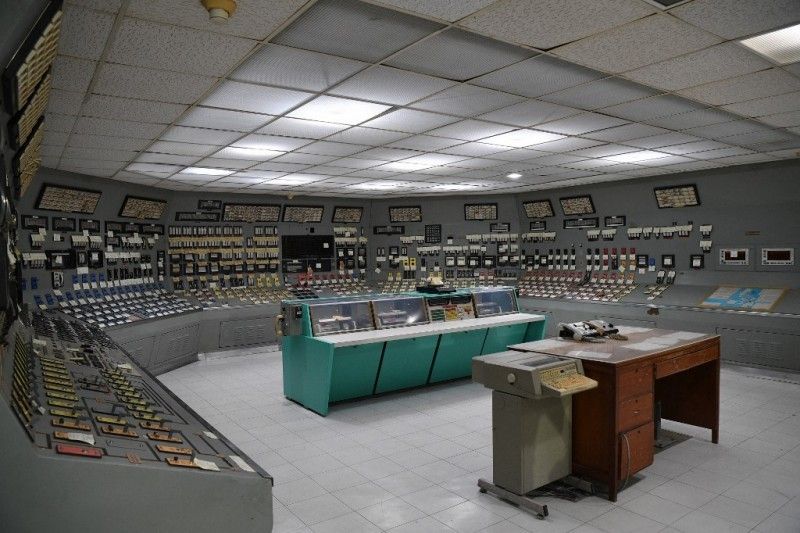House OKs creation of legal safeguards for nuclear energy projects

MANILA, Philippines — The House of Representatives has passed on final reading a bill that lays down the legal groundwork for the Marcos administration to start developing a national nuclear infrastructure.
House Bill 9293, which was approved on Wednesday with 200 yes votes, seven no votes and zero abstentions, creates guidelines for the safe use of nuclear energy and radiation sources in the country.
The proposed Philippine National Nuclear Energy Safety Act creates the Philippine Atomic Energy Regulatory Authority (PhilATOM), which will be tasked with crafting national policies that would guide the issuance of regulations and standards of nuclear energy projects.
The chairperson of the House special committee on nuclear energy, Rep. Mark Cojuango, who also sponsored the measure, said that the proposed PhilATOM body will be an “independent regulatory body” to avoid conflicts of interest in enforcing nuclear safety standards.
Cojuango, who’s father is Danding Cojuango, previously chief executive officer (CEO) of San Miguel Corp. — one of the largest power companies in the Philippines — said that the proposed law would ensure that nuclear safety remains “separate from the promotional, political and economic influences.”
According to the bill, the proposed body will also have the power to issue authorizations for nuclear and radiation facilities and its associated activities and “other functions as designated by the president.”
House Speaker Martin Romualdez hailed the passage of the measure -- one of the Marcos administration's priority bills -- as a first step towards attaining "energy security."
One of the lawmakers who voted against the measure, Rep. Raoul Manuel (Kabataan Partylist), argued that the push toward shifting to nuclear energy sources is being done without expert-led assessments and evidence of its potential benefits.
“The immediate context and stated premise of the bill assume that nuclear power is applicable and safe in an archipelagic, biodiversity-rich, and ecologically-critical country like the Philippines, despite the lack of expert-led assessments that conclude the same,” Manuel said.
“This push towards nuclear power is being made in the face of the declining trend of nuclear power, even in Western countries which are in the process of decommissioning their existing plants,” the lawmaker added.
In an earlier statement, Greenpeace campaigner Khevin Yu warned of the potential consequences of tapping nuclear energy for electricity in the Philippines given that Germany, like other developed countries, has weaned off nuclear power — an undertaking that it began in 2002 and was accelerated in 2011 after the Fukushima nuclear disaster in Japan.
Italy also permanently shut down all of its functioning nuclear plants in 2022.
Manuel also said that compared to solar energy, costs of pushing for nuclear energy projects are higher.
“If we are to compare nuclear and renewable energy, in terms of levelized costs of energy, from building the plant, ongoing costs, and operating costs, solar is much more affordable,” Manuel said.
Citing data that solar energy costs have gone down 89% since 2009 while nuclear costs jumped by 26%.
“Calls for nuclear energy become less credible if it comes with putting down renewable energy which should be the number one source of all countries considering the climate emergency,” Manuel added.
An analysis by global policy institute Climate Analytics estimated that the Philippines’ abundant renewable energy potential is at around 1,200 gigawatts.
President Ferdinand Marcos Jr. has repeatedly cited the need for nuclear energy to reduce the high costs of electricity in the Philippines. The president has also expressed a favorable position on reviving his father's nuclear project even as it was riddled with safety concerns.
After seven months of negotiations, the Philippines and the United States signed last week a landmark agreement that would facilitate civil nuclear cooperation between the two countries.
The deal, known as 123 Agreement, will allow the transfer of information, nuclear material, and equipment from the US to the Philippines for peaceful purposes. — with reports by Gaea Katreena Cabico
- Latest
- Trending































